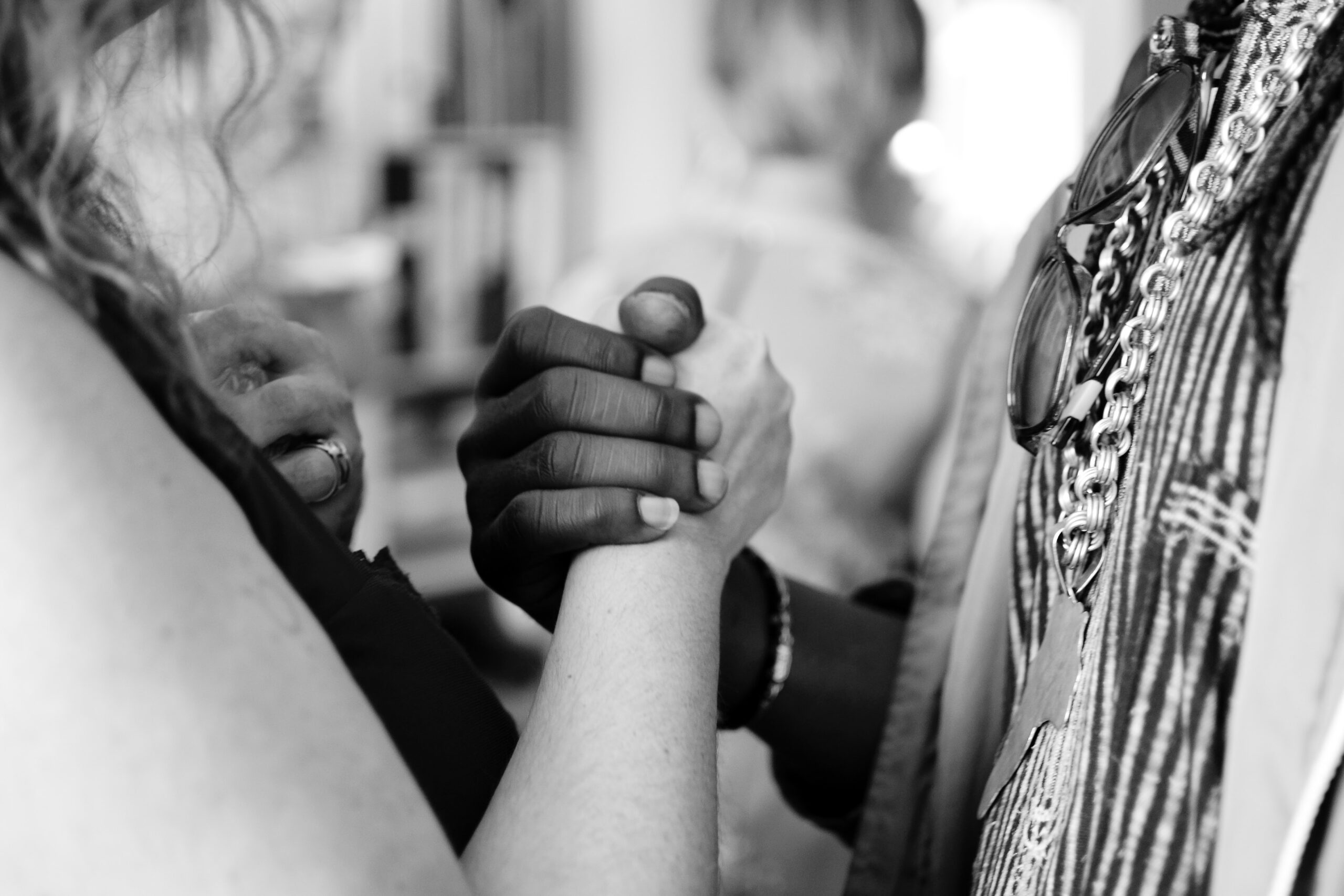It’s generally easy to love those who think and act the same way we do. These become our people and a natural affection for each other flows from our relationship. But our neighbor is not limited to simply those who see the world as we do.
To be sure, we have a special duty and responsibility to those closest to us. And like our next door neighbor, we often think of our neighbors as those closest to us – either those in the same house, church, social and political affiliations, or the like. And certainly these are our neighbors.
But, as it turns out, our neighbor has less to do with how close we are to others or what social groups we happen to belong to. Our neighbor becomes anyone we have the opportunity to show mercy to. As such, loving our neighbor becomes more about who we are than any particular characteristic in the other.
This means everyone who crosses our path has the potential of becoming our neighbor.
Of course, this includes those closest to us. And, to be fair, loving them is often difficult as well. Perhaps we have higher expectations for them – making it easier for them to get under our skin and harder to extend mercy.
But our neighbor might also include those in which there is no natural common ground between us. Yet even without this natural affection, we must still choose love and extend mercy in their time of need.
Being neighbors doesn’t necessarily mean we will become best friends. Some people will be in our inner circle while others remain on the outside. But we remain committed to providing what is needed to everyone God places in our path standing in need of grace and mercy.
In the end, regardless of how similar or different we are from each other, our neighbor becomes anyone and everyone we have the chance to reflect God’s love and mercy to.
Won’t you be a neighbor?
Photo by Aarón Blanco Tejedor on Unsplash

